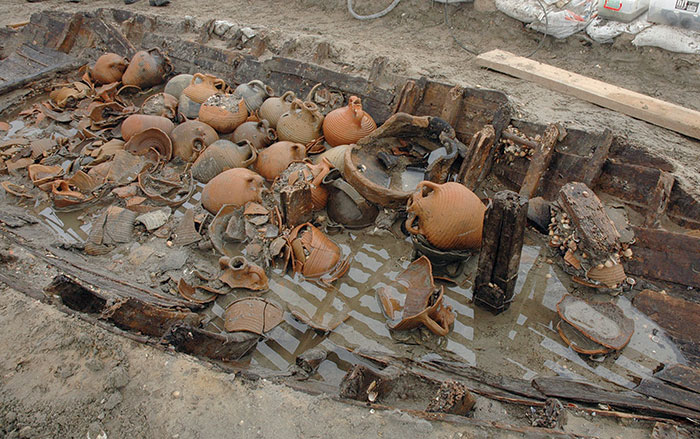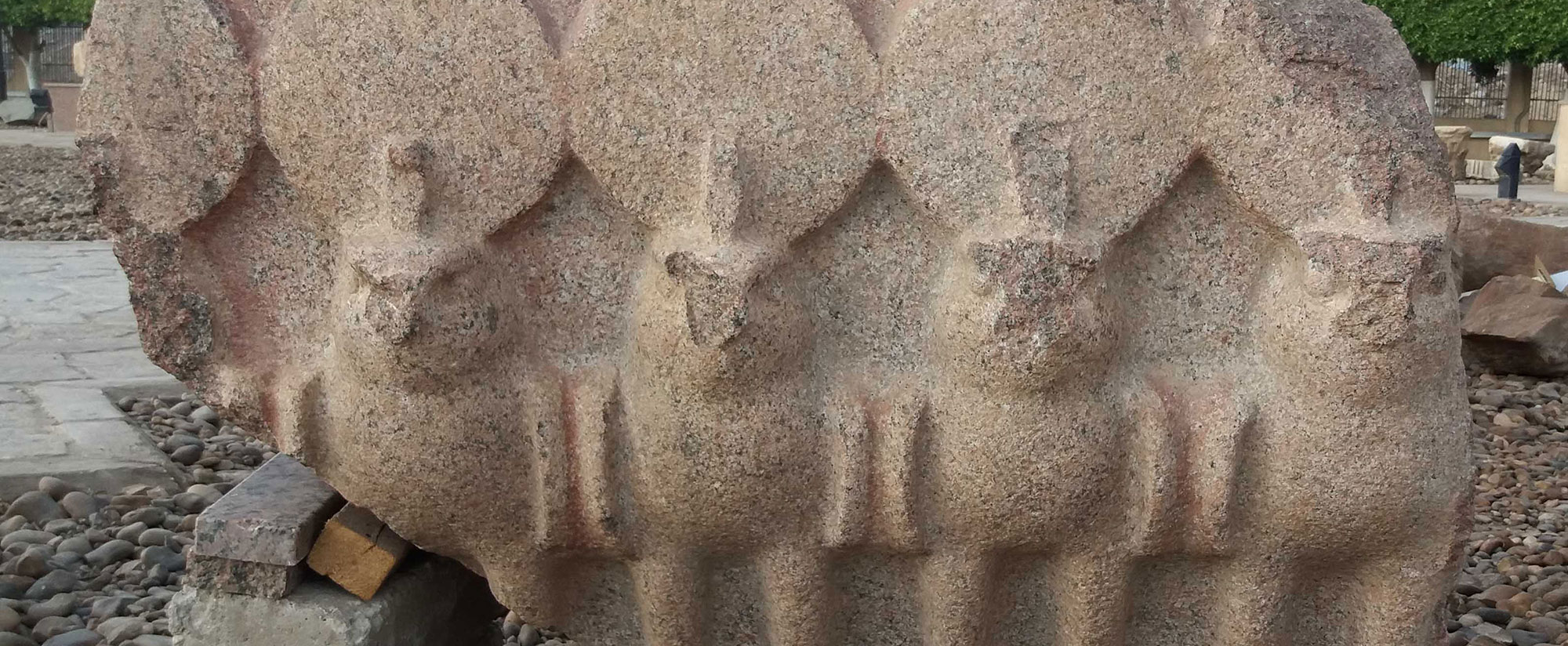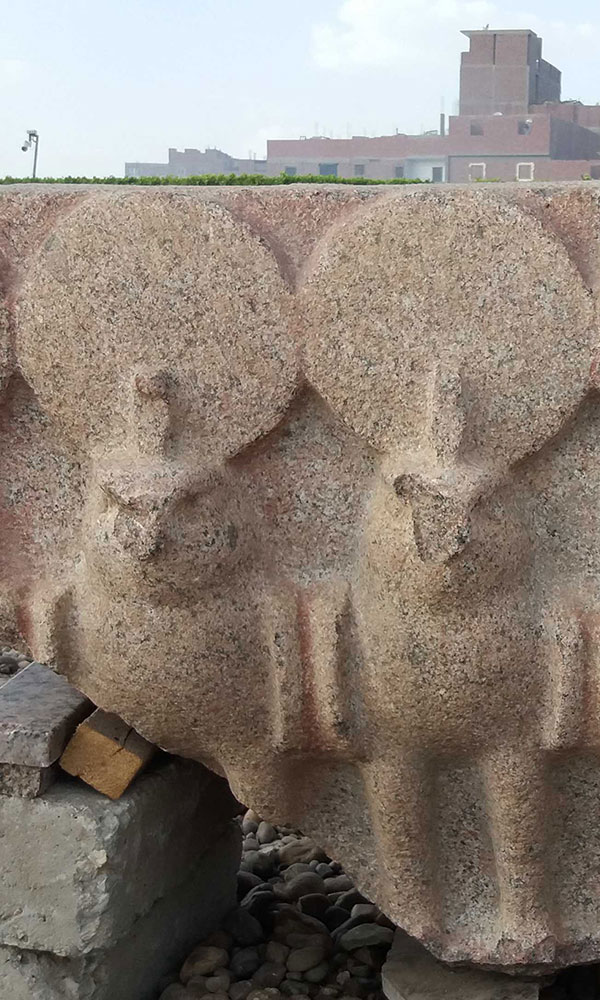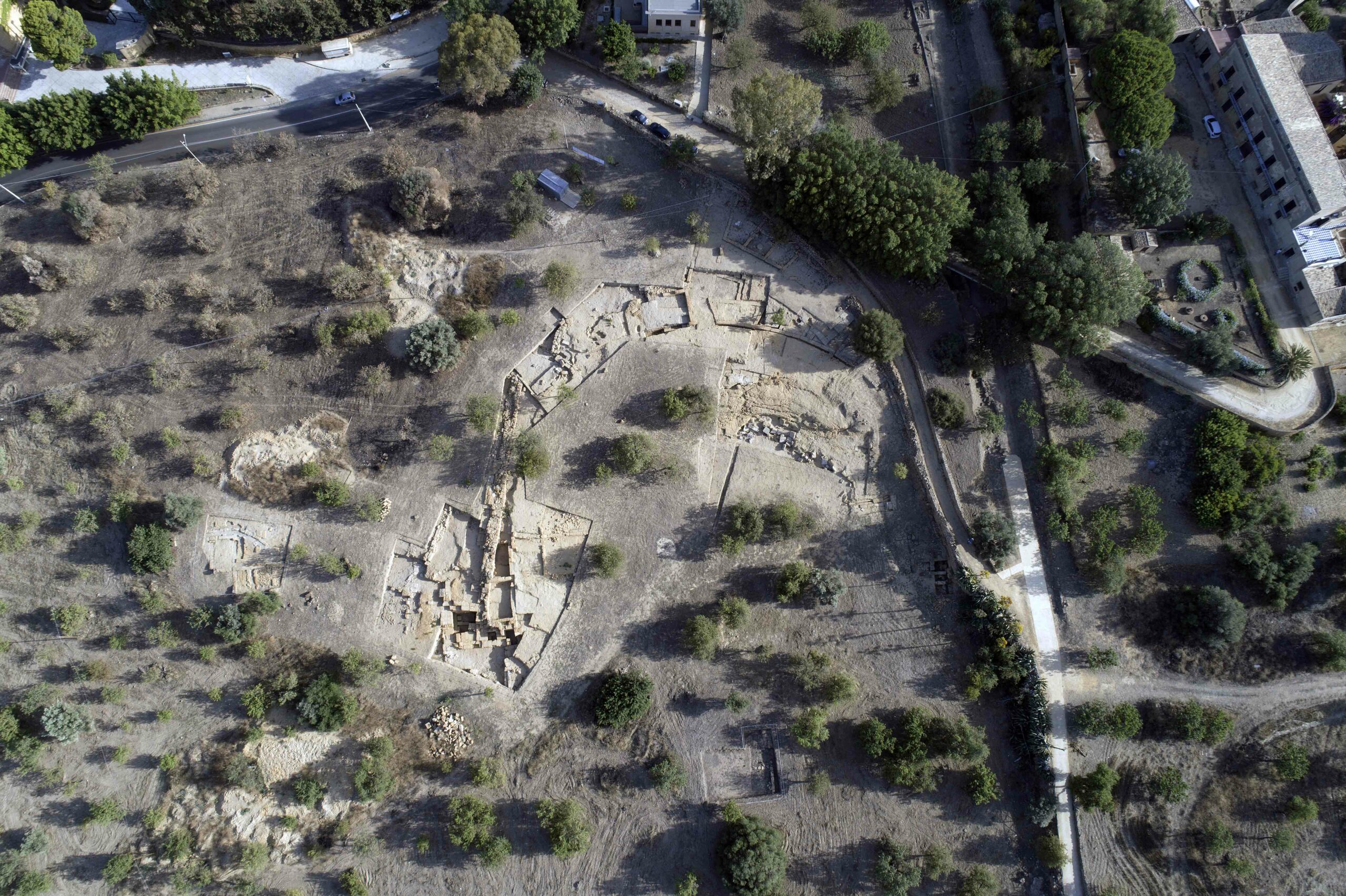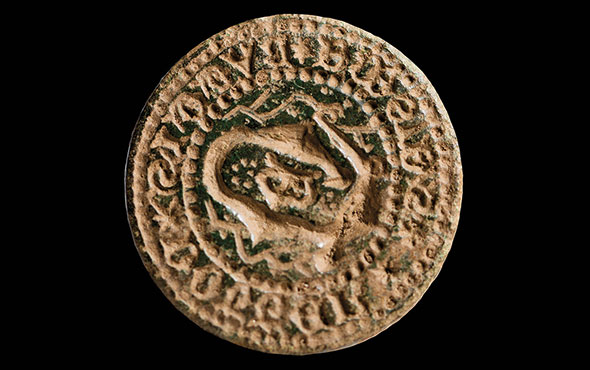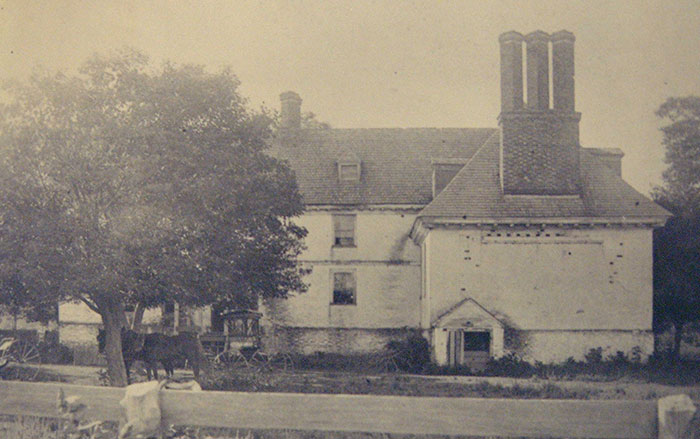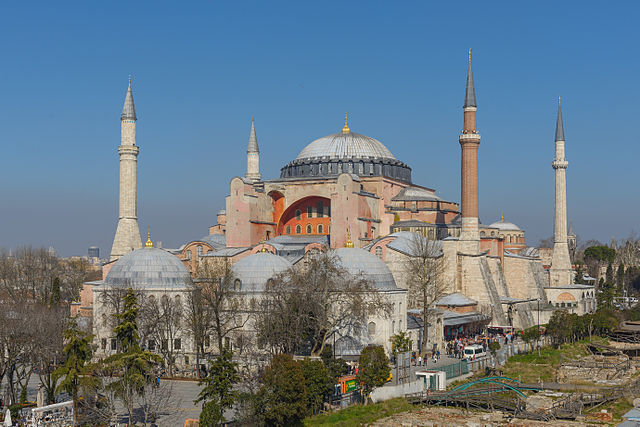
ISTANBUL, TURKEY—According to a Live Science report, researchers led by Ken Dark of the University of Reading and Jan Kostenec of the Czech National Committee of Byzantine Studies have found traces of Byzantine-era structures on the grounds of Istanbul’s Hagia Sophia, first constructed as a Christian cathedral by the emperor Justinian I in the sixth century A.D. Team members uncovered a white marble courtyard they say surrounded the original cathedral, and a library that may have held thousands of scrolls under a structure now known as the large hall. The researchers suggest they have also found the remains of the Great Baptistery, where the children of emperors were baptized. Evidence that the building’s northwest vestibule was built in the sixth century, and not during the rule of the Ottoman Empire, as had been previously believed, has also been uncovered. “The discovery of such a large ‘new’ part of Justinian’s church of Hagia Sophia is unprecedented in recent decades … and alters significantly the known plan of that world-famous building,” Dark said. In the structure’s northeast vestibule, the excavation revealed a disc-shaped piece of purple stone called porphyry embedded in the original sixth-century floor. It may mark the spot where the emperor stood for ceremonies and liturgies. “As such, it is probably the only place where it is possible to identify anywhere the precise spot on which Justinian, the most famous Byzantine emperor, stood,” Dark said. To read about a ship carrying the materials for a Byzantine church that wrecked off the coast of Sicily, go to "Shipping Stone."


